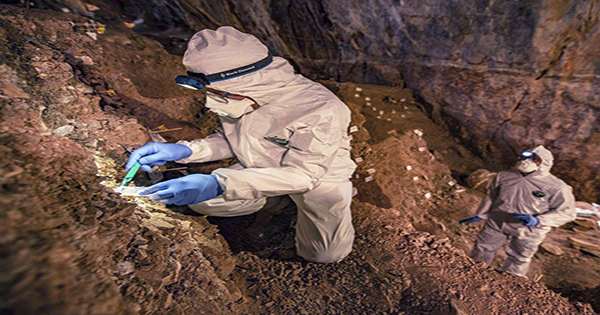A groundbreaking announcement by the US Drug Enforcement Administration (DEEA) said scientists could soon increase access to cannabis through treatment and scientific research. Since 1968, only one federal agency, the Drug Institute on National Institutes (NIDA), has received the necessary DEA permission to supply researchers with cannabis from a facility based at the University of Mississippi. Although there are now medical marijuana programs in more than 30 states in the United States, scientists are limited by these restrictions.
Some have argued that for so many years the NIDA’s monopoly has slowed scientific research into the benefits of this plant. Others have criticized the quality of the cannabis coming from the NIDA facility and questioned the validity of the study it uses. In 2019, researchers at the Scottsdale Research Institute filed a lawsuit against the DEA stating that “the quality of cannabis from this farm – and its supply – is very low. Have been staring at the shelves for years. It looks more like green talcum powder than medical-grade cannabis.” Thus the need to increase access by more authorized cannabis suppliers who meet the regulatory requirements for the treatment cannabis grow for distribution in the United States. Now, things may change in the end.

“With final approval pending, the DEA has determined, based on the information currently available, that a number of manufacturers’ applications for cannabis cultivation in the United States for research purposes appear to be in line with applicable legal standards and relevant legislation.” The DEA said in a circular issued on May 14, 2021. The DEA will now proceed to approve more medicinal cannabis suppliers in the United States, which could end the 52-year-old federal monopoly and expand access to a plant that is highly sought after for research.
“There are thousands of different cannabis varieties, each with a unique chemical profile and unique clinical effects, but we did not have access to that general variety,” Dr. Su Sisley, president of the Scottsdale Research Institute, told NPR. Although many studies have documented the therapeutic properties of cannabis, much is unknown about the different properties of different types of plants. Providing research institutes with access to treated cannabis, especially increasing access to different varieties from different suppliers, will help to better understand this fascinating plant.
















